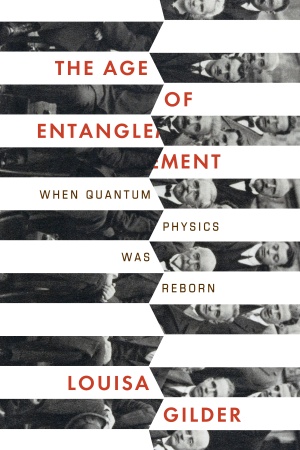Bloomberg columnist Caroline Baum exposes the crucial paradox between the title of Judge Richard Posner’s new book — A Failure of Capitalism — and the contents of the book, which mostly blames the Federal Reserve for the financial crash.
I asked Posner why the Fed’s errors constitute a failure of capitalism. He said the central bank was part of the “capitalist structure,” along with property rights and a judicial system to enforce them. To the extent that the Fed mismanaged the money supply (or interest rates) and failed to assure “a reasonable degree of economic stability,” it has to be regarded as a failure of capitalism. . . .
“[Milton Friedman] wouldn’t agree” it was a failure of capitalism, said Anna Schwartz, a research associate at the National Bureau of Economic Research and Friedman’s co-author on “A Monetary History of the United States, 1867-1960.” “It was a failure of government.”
The Fed conducted “very easy monetary policy, which permitted the asset-price boom,” she said yesterday in a telephone interview. “It had nothing to do with capitalism failing. It had to do with the policies and institutions that conducted them.”


